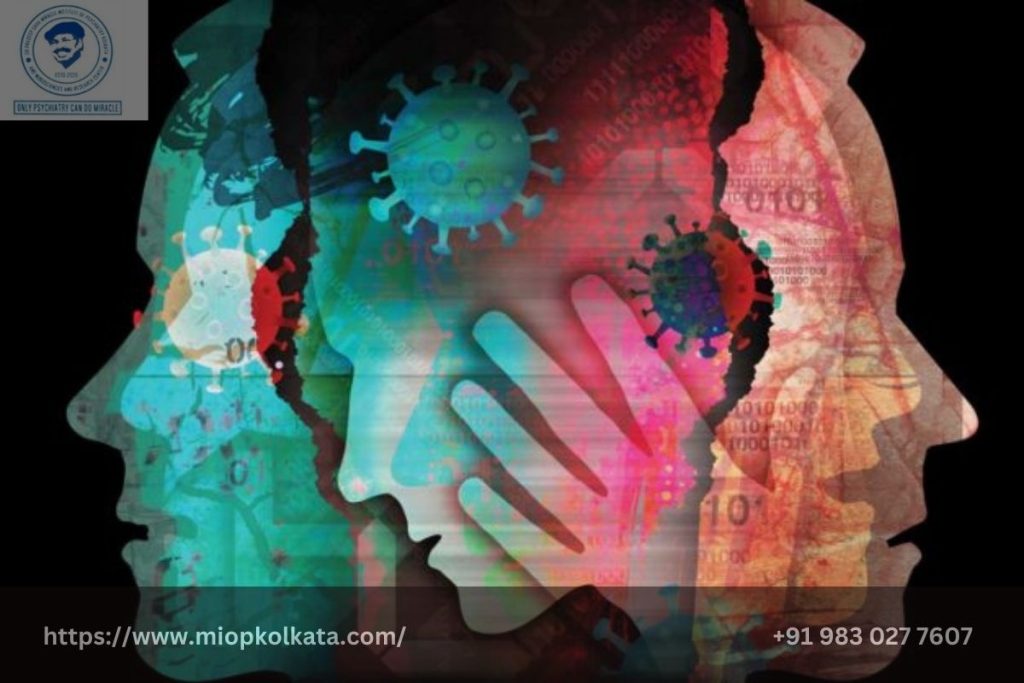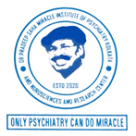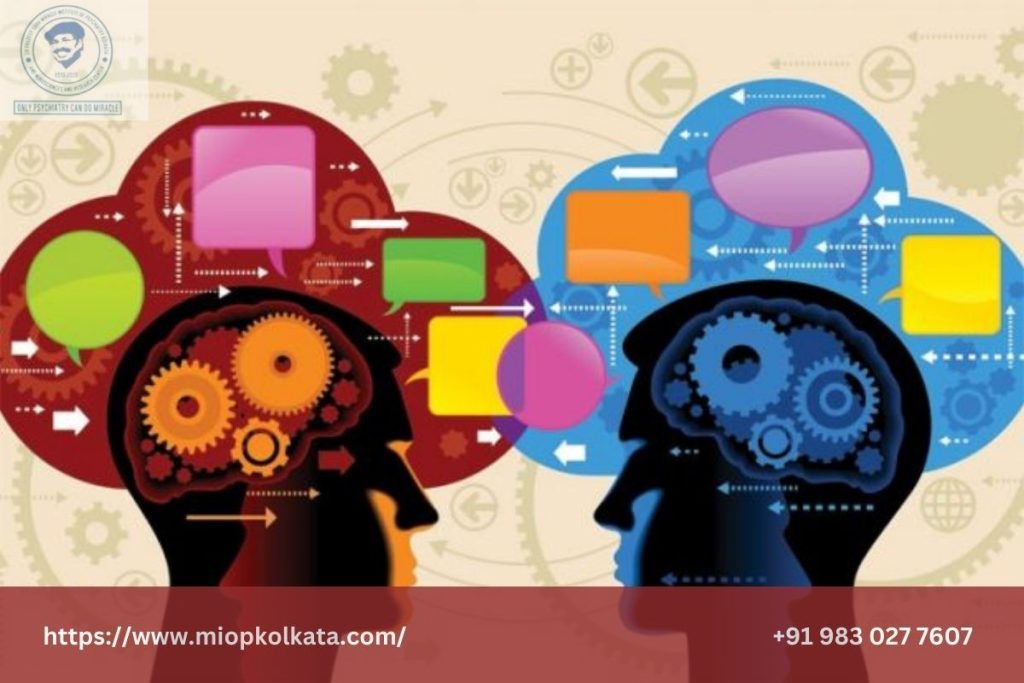Mania and Hypomania are times when a person feels super excited, active, and full of energy. Hypomania is like a lighter version of Mania. During Hypomania, a person can still manage daily tasks, but it can be risky.
Mania is an intense episode that can last for a week or more. It makes people feel overly happy and energetic, disrupting their daily lives. In severe cases, hospitalization may be needed.
Hypomania is a shorter episode lasting a few days. People may feel excellent and function well. We will read more about their differences in this blog. The best thing is that you can cure Mania and Hypomania with the best bipolar disorder treatment in Kolkata.
Table of Contents
● What Is Bipolar Disorder?
● Mania vs. Hypomania– What Is It?
● Mania vs. Hypomania– Symptoms
● Differences
● Treatment
● Conclusion
● FAQs
What Is Bipolar Disorder?
Bipolar disorder is a mental condition indicated by severe mood swings or episodes of Mania. It involves alternating periods of high energy, elevated mood (Mania), and low mood (depression). There are various types of bipolar disorder, like Cyclothymic Disorder, Bipolar I, and Bipolar II, each varying in the severity and duration of mood episodes.
If your symptoms never escalate to the intensity of Mania, your diagnosis is bipolar II disorder. However, if there’s a single episode of full Mania or a psychotic event (delusions or hallucinations) during a hypomanic episode, the diagnosis would shift to bipolar I disorder.
Mania vs. Hypomania– What Is It?
When someone experiences Mania, it goes beyond just having extra energy. It’s a significant mood disturbance that brings an unusual surge of physical and mental energy, lasting for a week or more. In severe cases, hospitalization may be necessary.
People with bipolar I disorder often have manic episodes, which can alternate with periods of depression. However, it’s common for individuals with bipolar I not to experience depressive episodes, having more typical moods between episodes.
On the other hand, Hypomania is a milder form of Mania. It involves elevated energy levels but not as extreme as in full-blown Mania, typically lasting only a few days. Hypomania symptoms stand out from regular activity levels and behavior, noticeable to others. In most cases, it doesn’t require hospitalization, according to experts.
For those with bipolar II disorder, Hypomania may alternate with depression, or they may have more typical emotional states in between each episode.
Mania vs. Hypomania– Symptoms:
Mania Symptoms
Mania brings a surge of intense symptoms that go beyond typical mood swings. These symptoms can impact relationships, work, and overall well-being. While Mania isn’t always synonymous with happiness—often causing extreme irritability—it can induce euphoria.
Key indicators include:
● Uncontrollable excitement
● Intense happiness or elation
● Irritability or agitation
● Difficulty controlling high energy levels
● Excessive activity, like constant running or fidgeting
● Trouble focusing or paying attention
● Unrealistically high self-esteem
● Lack of social inhibitions
● Racing thoughts
● Reduced need for sleep or insomnia
● Engaging in risky or reckless behaviors
● Suicidal thoughts or self-harm considerations

During a manic episode, some may experience psychotic symptoms, such as hallucinations or grandiose delusions. According to NIMH or the National Institutes of Mental Health, these manic episodes persist for at least 7 days or any duration, requiring hospital care due to severe symptoms. Individuals may return to a normal state between episodes or have lingering mild symptoms.
Hypomania Symptoms:
Hypomania, a milder form of Mania associated with bipolar 2 disorder, exhibits the following characteristics:
● Elevated or happier mood
● Increased irritability or rudeness
● Overconfidence
● Higher-than-usual energy levels without a clear cause
● A profound sense of mental and physical well-being
● Heightened sociability and talkativeness
● Increased desire for sex
● Reduced need for sleep
Differences:
While Hypomania and Mania exhibit numerous similar symptoms, the critical factor lies in the intensity of these symptoms. Both mania and hypomania manifest mood and behavioral changes that surpass everyday fluctuations.
Mania is of such severity that it impedes a person’s ability to maintain their usual activities, sometimes necessitating immediate hospitalization in extreme cases. Someone experiencing Hypomania might continue with their regular routine, though family and friends might observe distinct behavioral shifts, even if the individual remains unaware. Nevertheless, seeking medical assistance is crucial to prevent the escalation of symptoms.
Despite being less severe than Mania, Hypomania poses potential dangers and can adversely impact a person’s overall well-being. Research indicates a higher likelihood of engaging in risky behavior during hypomanic episodes, such as excessive spending, substance abuse, reckless driving, or dangerous sexual activities.
Individuals undergoing Mania, as opposed to Hypomania, might also experience delusions, hallucinations, or manic stupor. Without effective intervention for Hypomania, there’s a risk of its progression into Mania, although this progression isn’t universal. It’s better to visit thebest bipolar disorder treatment in Kolkata to treat the issue quickly.
Treatment:
While there’s no cure, a mix of medication and talk therapy can significantly improve life quality.
Consistency in taking prescribed medication is vital. Mood stabilizers like lithium, antiseizure meds, and second-gen antipsychotics are common choices. Talk therapy, or psychotherapy, offers valuable support and education for overall well-being.
Avoid stopping medication suddenly, as it can lead to severe symptoms or withdrawal effects. Regular communication with healthcare professionals ensures a personalized and sustainable approach to managing bipolar disorder.
Conclusion:
Understanding and managing bipolar disorder requires a holistic approach. The blog helps you to know the distinct characteristics of Mania and Hypomania. If you address triggers, you must seek help from the best bipolar disorder treatment in Kolkata. It will help you to overcome the challenges posed by this condition.
FAQs:
1. What causes bipolar disorder?
The causes involve a combination of genetics, neurobiology, and life experiences. A strong family history increases the risk, and evolutionary psychologists propose it evolved to adapt to alternating phases of hibernation and activity.
2. Are there any specific triggers for Mania or Hypomania?
Yes, factors like lack of sleep, drug/alcohol use, medication changes, illness, and overwork can trigger episodes of Mania or Hypomania.
3. Can Hypomania progress into Mania?
Yes, without effective intervention, there’s a risk of Hypomania progressing into Mania, although this progression isn’t universal.

